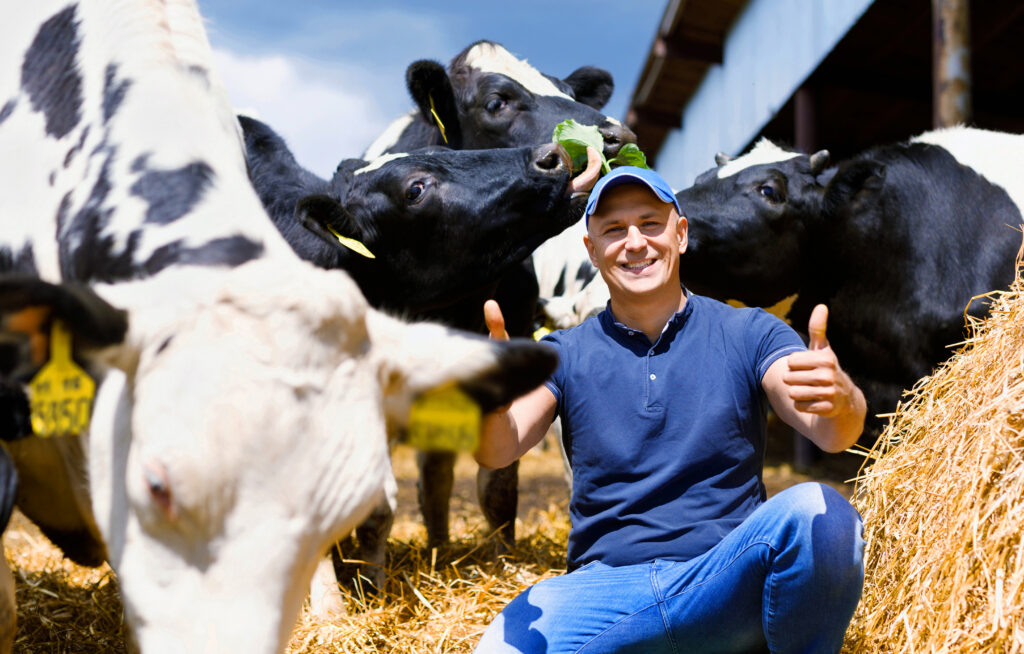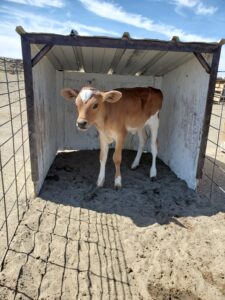Catching Wave of Sustainable Habits
The beginning of the year can often inspire us to take on new habits that make us feel good. We begin to think more about what regimens we want to add to our everyday lives, how we can become better versions of ourselves, and focus more on the things that matter most to us. Of course, this all begins with nutrition but also, knowing how the products we consume impact our environment is equally as vital. With all of this in mind, it’s now more important than ever that we begin to understand how our decision-making changes the world around us.
The truth is, in a world of 7.7 billion people, our actions can feel pretty fruitless but, if we continue to think this way, our collective of billions of humans can’t make an actual change! Taking care of the environment is no easy feat, but it’s a job that must be done, and there are ways that we can support those who’re taking action. By extending the hand to those who tend to our land, we take simple measures to facilitate the bigger picture, taking care of our planet and supporting those who take the extra steps to do it. Now more than ever, better understanding our carbon footprint and changing course for a more sustainable future is of the utmost importance. Being environmentally conscious is widely discussed, but we should be talking about the people taking action.
Sustainability has been a Topic of Discussion for Years!
The dairy industry has been implementing certain practices that benefit the planet for a few decades. But more importantly, what is the actual impact from grass to glass?
One of the most significant ways Nevada Dairy Farmers enforce sustainable farming is by using renewable energy resources to facilitate their farm cycle. Dairy Farmers in Nevada seed their land with alfalfa and harvest the alfalfa to feed the cows along with feeder corn, by-products, and their silage. From there, the farmers turn the cow’s manure into fertilizer to nourish these crops. Manure is an excellent source of phosphorus and nitrogen, which are highly beneficial to the farm cycle and reduce reliance on fertilizers. These crops all go back to the cow, allowing the farm cycle to continue.
As we all know, Nevada is known for its barren land and dry deserts. Water in Nevada is a precious commodity! As part of our mission to take better care of the planet, Nevada Dairy Farmers now reduce the amount of water needed by recycling the water on the farm 3-4 times! Though dairy cows require an abundance of water to hydrate, water is necessary on other parts of the farm, from chilling the milk to misting off the cows to cleaning the barn. Reclaiming our water happens when we take water from cooling our milk to clean our bins and then use it again to feed the crops.
In addition to this, Nevada Dairy Farmers have been taking strides in reducing our carbon footprint. After a cow produces milk, some dairy farmers in the southern region of Nevada will haul it in double tankers, reducing the number of trucks needed to transport milk to the processing plant. Ultimately this effort reduces fuel emissions. To put the efficiency of our double tankers into perspective, the carbon footprint produced by one glass of milk is two-thirds less than it was 70 years ago. Since 2007, producing a gallon of milk has 19% fewer greenhouse gas emissions. Cowabunga! By buying local and locally processed milk, you’re not only supporting a family of Nevada Dairy Farmers but placing your hand in the effort to buy products you know are respecting the planet.
2050 Goals in Mind
By 2050, we have taken the pledge to become greenhouse gas neutral, optimize our water quality, and reuse our water. We plan on taking this big job by continuing to innovate our farming practices every day!
Tiny Humans with Big Jobs!
We are home to just over 20 dairy farms in Nevada, ranging from 500 cows to over 25,000 cows. Purchasing local and locally-processed dairy products is a means of supporting Nevada farmers, their farm, family, and their efforts to give back to the community with nutritious and cost-effective resources. The next time you’re in the grocery store, think of how buying locally processed milk supports the farmers who intently care for our land, livestock, and the planet.



